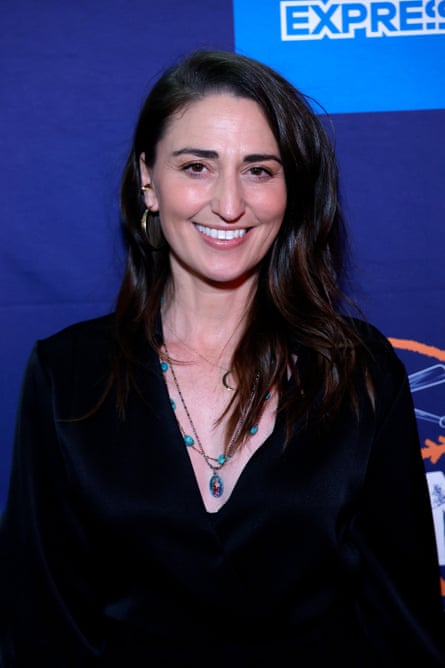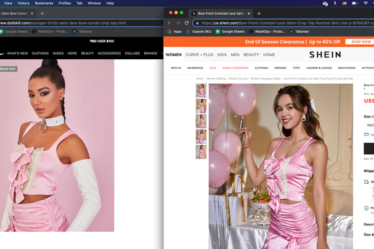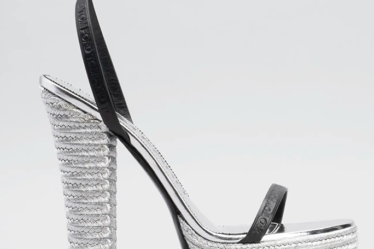
Twitter isn’t shaping up to be the party Elon Musk might have expected. Not long after the Tesla CEO officially gained control of the app, many users have contemplated an exodus – while others are debating the merits of staying.
Some celebrities and pundits made it clear they were on their way out. Shonda Rhimes, the TV writer and showrunner, was one of the first. “Not hanging around for whatever Elon has planned. Bye,” she wrote on the site.
Ken Olin, the executive producer of This Is Us, followed suit. “Hey all – I’m out of here. No judgment. Let’s keep the faith. Let’s protect our democracy. Let’s try to be kinder. Let’s try to save the planet. Let’s try to be more generous. Let’s look to find peace in the world,” he wrote.
Sara Bareilles, the Waitress composer and singer-songwriter, also called it, writing: “Welp. It’s been fun Twitter. I’m out. See you on other platforms, peeps. Sorry, this one’s just not for me.”
After the Network Contagion Research Institute, an organization that “identifies and forecasts cyber-social threats”, found that use of the N-word had jumped 500% since Musk’s deal went through, the R&B legend Toni Braxton also quit Twitter.
“I’m shocked and appalled at some of the ‘free speech’ I’ve seen on this platform since its acquisition,” she wrote. “Hate speech under the veil of ‘free speech’ is unacceptable; therefore I am choosing to stay off Twitter as it is no longer a safe space for myself, my sons and other POC.”
Others, including Mia Farrow and Josh Gad, said they were considering leaving, but had not done so yet. (The prolific tweeter Jameela Jamil deactivated her account when Musk first announced his bid in April, though it has since been reinstated.)
A Reuters report taken from internal company documents found that Twitter has been hemorrhaging its “most active users” – not just liberal celebrities. In one memo viewed by Reuters, a researcher wrote that the number of “heavy tweeters” (“someone who logs in to Twitter six or seven days a week and tweets about three to four times a week”) was in “absolute decline”.
However, there were plenty of people who told those abandoning the app that they were wrong to do so. “For those who are fighting to preserve our Constitutional Democracy, now is not the time to leave Twitter,” the film-maker Rob Reiner wrote. “Now is the time to VOTE BLUE!” Other users opined that left-leaning accounts should stay active long enough to help push candidates through the midterm elections.
“I’m not leaving Twitter, because I’m an internet person,” Molly Jong-Fast, an author and pundit, told the Guardian. “I exist there more than I exist in the regular realm. But people have to protect themselves and their mental health, so I appreciate” that some are leaving, she said.
Jong-Fast said she would stay on Twitter until she found a better alternative. “I’m an agnostic cyborg when it comes to what other people should do,” she explained. “But in my mind, there’s certainly an opportunity for a new Twitter that isn’t under the control of a total lunatic. I hope that happens soon.”
Jong-Fast added that there were political figures still using Twitter to drive the news cycle, which made it a worthwhile place for her to stay. “If news continues to get made on the site, it will help [Musk] create value,” she said.
For Hugh Ryan, a queer author and historian, one story that broke on Twitter was enough for him to call it quits on the app. “I was already worried about what Elon Musk’s takeover would mean for harassment and bad information spreading,” Ryan said. “Once I saw his baseless, homophobic tweet about Paul Pelosi, it became clear where Twitter is headed.” (Musk retweeted an article spreading a conspiracy theory about the assault, though he later deleted the post.)
“I’m not sure yet how I’ll feel about the other options out there,” Ryan added. “Twitter gave me easy connection to so many authors and historians around the world; I’ll need to find a way to replace that. [I’m] not eager to leave, but less eager to stay and enable a cartoon evil billionaire.”
Ryan has signed up for Mastodon, an ad-free platform that bills itself as a Twitter alternative with decentralized ownership.
Bree Lundberg, a freelance illustrator based in Cleveland, relies on Twitter for commissions and potential art sales. “Twitter is vital to me as an artist because it drives sales to my small shop, helps me find freelance clients and – probably most useful of all – build relationships with other artists, which has led to new collaborative opportunities and friendships,” they said. “That’s really invaluable right now.”
Though Lundberg said fans could help artists by following them on other subscription platforms, such as Patreon or Ko-fi, those outlets can be more niche. “[Our] success relies on having a broader reach and interacting with both art peers and non-artists,” they added. “Twitter has worked really well in that way, despite its other issues, and unfortunately I’m not sure what can fill that same role any time soon.”
Jolenta Greenberg, a New York-based comedian and co-host of the By the Book podcast, was diagnosed with lupus during the early days of pandemic lockdown in May 2020. “I was put on high doses of immunosuppressants in order to reach remission,” she said. “So I realized I was disabled and that I needed people to talk to about it while still socially isolated. I started finding people like me on Twitter … [it] has become one of the best and only places for me to go to feel less alone, to learn about what it means to be disabled in America, and to crowdsource information about staying safe.”
Greenberg said she found the idea of losing that community “honestly heartbreaking” and isolating. “I can’t go to a rally or a protest, I have to avoid gatherings in person, so Twitter has become my space for camaraderie and a sense of direction with my activism, too,” she explained. “Losing that would make life much more helpless for me.”
Though Greenberg said she would “check out” Discord and Mastodon as potential alternatives, she’ll stay on Twitter until she feels “forced out”.
“Right now, the good still outweighs the bad for me,” she added. “But that could be short-lived.”



